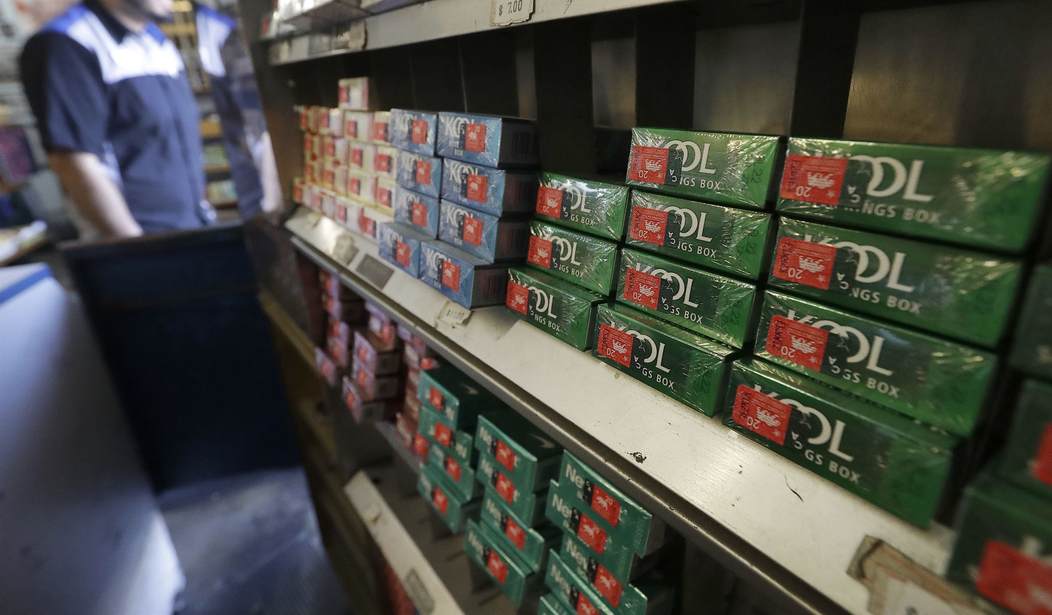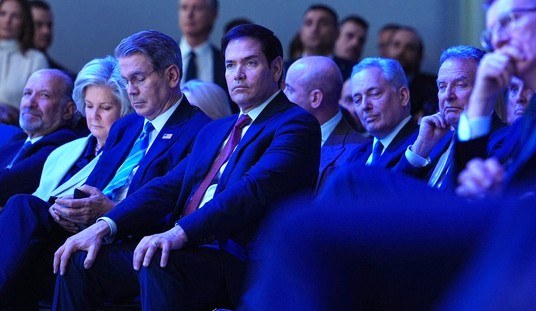As our nation’s law enforcement officers work to safeguard our communities from the escalating threats of drug overdoses and criminal cartels, the Biden Administration is currently considering a criminal ban on the sale of menthol cigarettes, which would have a significant negative impact on law enforcement and our communities at large across the country.
Sadly, when the Food and Drug Administration (FDA) drafted this policy, the agency did not convene national law enforcement leaders to discuss their expert perspectives. As long-standing members of the law enforcement community, we strongly urge the Administration to reject this Prohibition-based policy and instead adopt proven public policies aimed at protecting the public safety and improving the well-being of our communities.
As law enforcement officers, we work tirelessly to serve and protect the communities in which we live and work. While children and adults from all communities continue to suffer the horrific impact of skyrocketing overdoses of fentanyl and other illegal drugs, we remain unable to control our borders, which serve as the fentanyl bridge into America. These are the issues we should be focused on, rather than an issue that would force us to become the “cigarette police.”
Police officers don’t need another reason for increased interactions in communities that would escalate tensions, especially in communities of color. In addition to adding to our already overfilled plates, and the potential for hurting police-community relations, this proposed ban represents an unfunded mandate on law enforcement with the potential to sap resources needed to tackle our significant priorities and issues.
We know all too well what can result from increased negative interactions between law enforcement and communities of color. Eric Garner and George Floyd were killed after altercations involving tobacco products. Tellingly, the mothers of Eric Garner and Trayvon Martin, and the brother of George Floyd, all strongly oppose the FDA’s proposal.
Recommended
Law enforcement already faces an existing problem with illicit cigarette markets. Banning menthol cigarettes – currently a roughly $30 billion market – would open the door further for criminals, including cartels, to profit from illegal sales.
Recent reports have suggested that the Cártel de Jalisco Nueva Generación (CJNG), which the U.S. Department of Justice has classified as “one of the five most dangerous transnational criminal organizations in the world”, is engaged in illegal tobacco sales to raise new revenues. CJNG is already responsible for trafficking illegal drugs, including fentanyl, in the United States. Policymakers should expect profits obtained from tobacco sales to be used to further finance CJNG’s illicit fentanyl trafficking operations into the United States.
For perspective, in 2022, the Drug Enforcement Administration seized more than 58 million pills containing fentanyl and more than 13,000 pounds of fentanyl powder – that’s nearly 387 million potentially deadly doses of fentanyl that never reached our communities. Despite such efforts from law enforcement, fentanyl overdose deaths are on the rise.
To date, two states have passed menthol cigarette bans – Massachusetts and California. The data and results are clear: consumer demand for menthol cigarettes has not disappeared, and criminals and criminal organizations have exploited the demand for these products. They have done so by producing and selling counterfeit versions of popular brands, purchasing legal products beyond state borders, and illegally transporting them across state lines. In California, a post-ban market research study uncovered the emergence of an uncommon menthol brand called “Sheriff,” which has connections with Mexican cartels. An added concern is that illicit cigarettes or “loosies” are often filled or tainted with potentially fatal substances that could cause the user immediate harm.
Many national and state law enforcement organizations also oppose the Administration’s proposed Prohibition due to the FDA’s unwillingness to engage in dialogue on how this public policy decision would impact law enforcement. Similarly concerned opponents include the National Association of Police Organizations (NAPO), the National Organization of Black Law Enforcement Officers (NOBLE), and the Law Enforcement Action Partnership (LEAP).
Instead of implementing another failed Prohibition, like the alcohol Prohibition in the 1920s, the Administration should instead focus on public policies that encourage tobacco harm reduction, focused on cessation and education.
Just because we oppose this public policy does not mean we support smoking – and quite the opposite. We support policies aimed at improving public health and safety. Unfortunately, the proposed criminal ban would do nothing more than increase an already active illegal market and hurt our law enforcement officers and the communities they serve. And we do not want Americans playing “Russian Roulette” with their health by smoking tainted “loosie” cigarettes.
It’s time for the Administration to pause consideration of this risky policy proposal and more fully consult with the nation’s law enforcement leaders on our shared goal of helping Americans live safer, healthier lives.
Jon Adler is National President of the Federal Law Enforcement Officers Foundation

























Join the conversation as a VIP Member